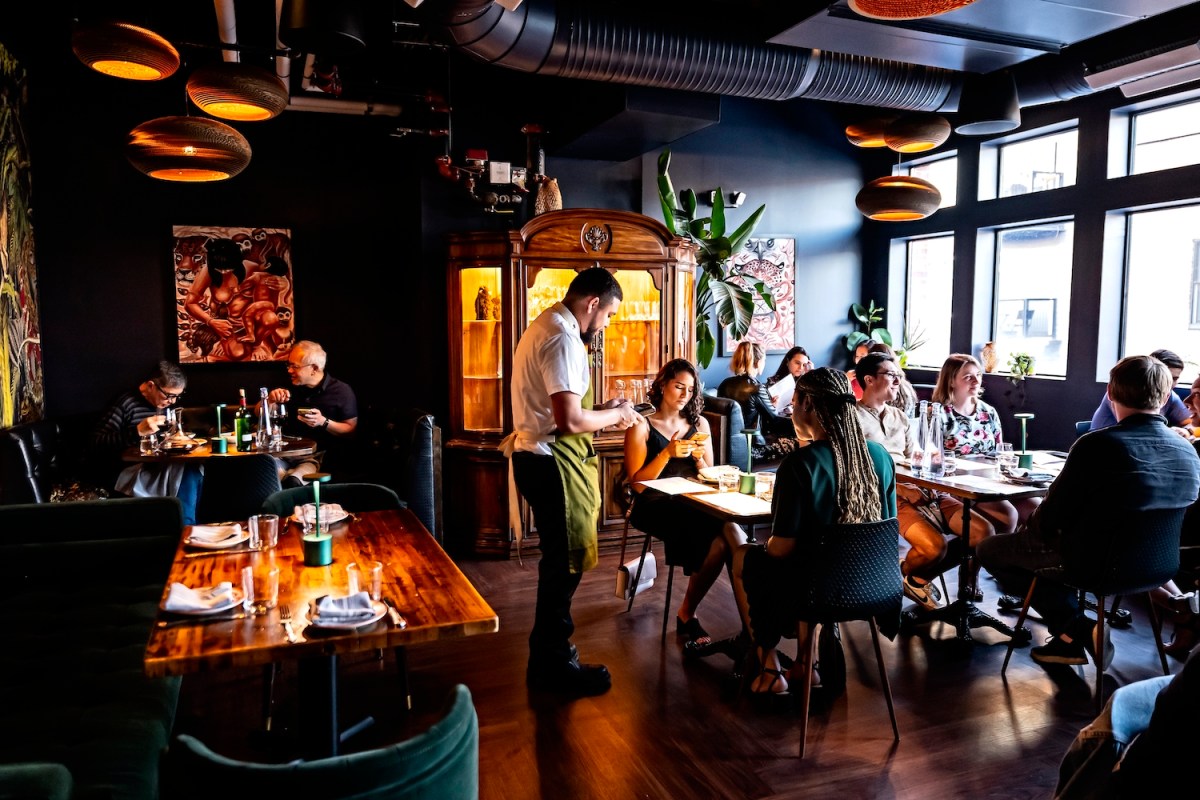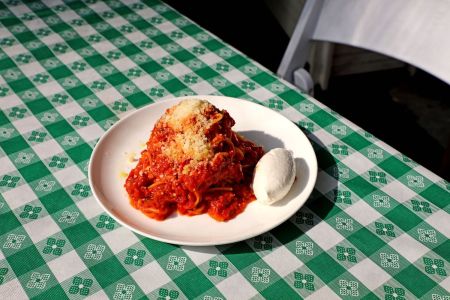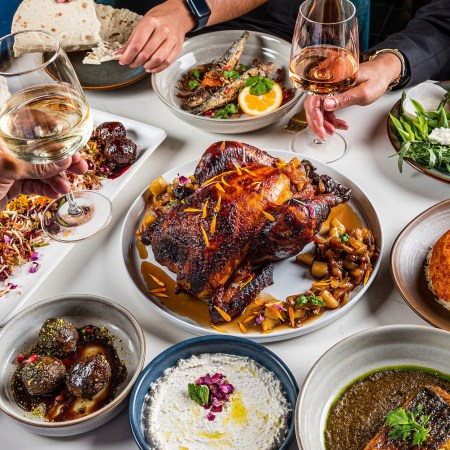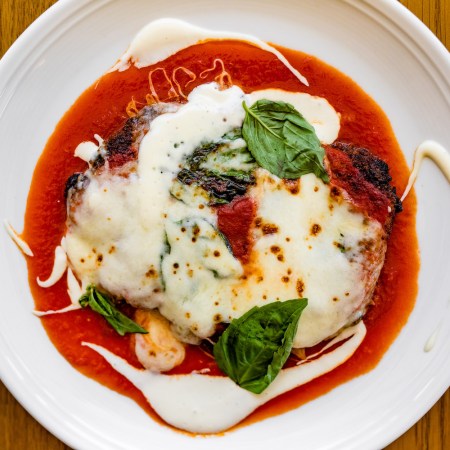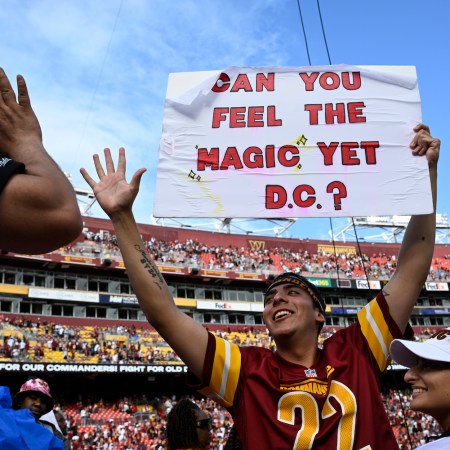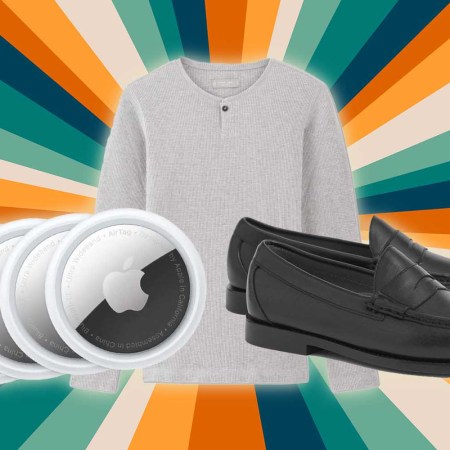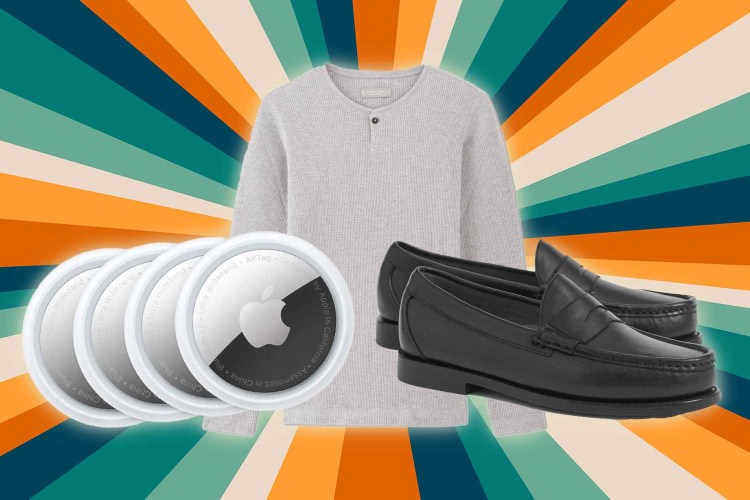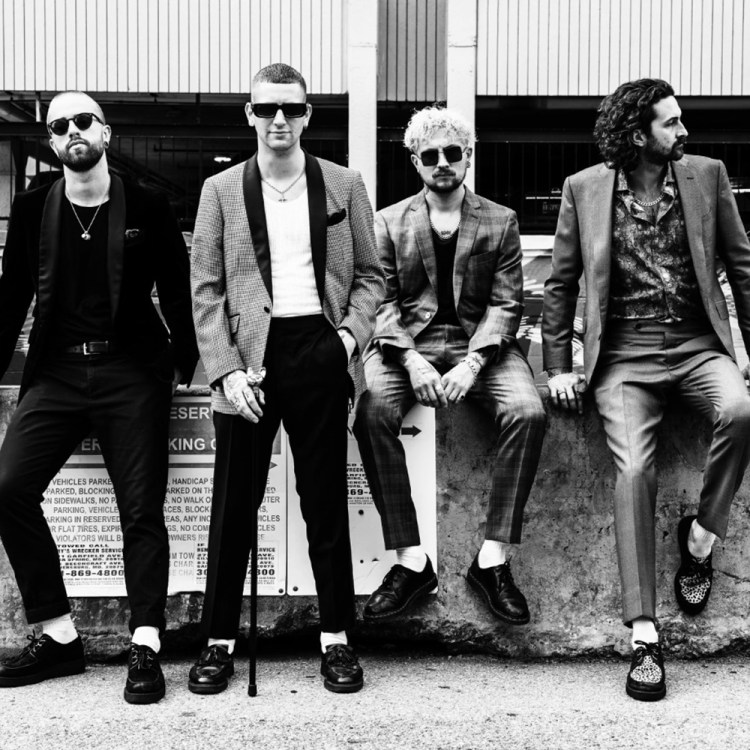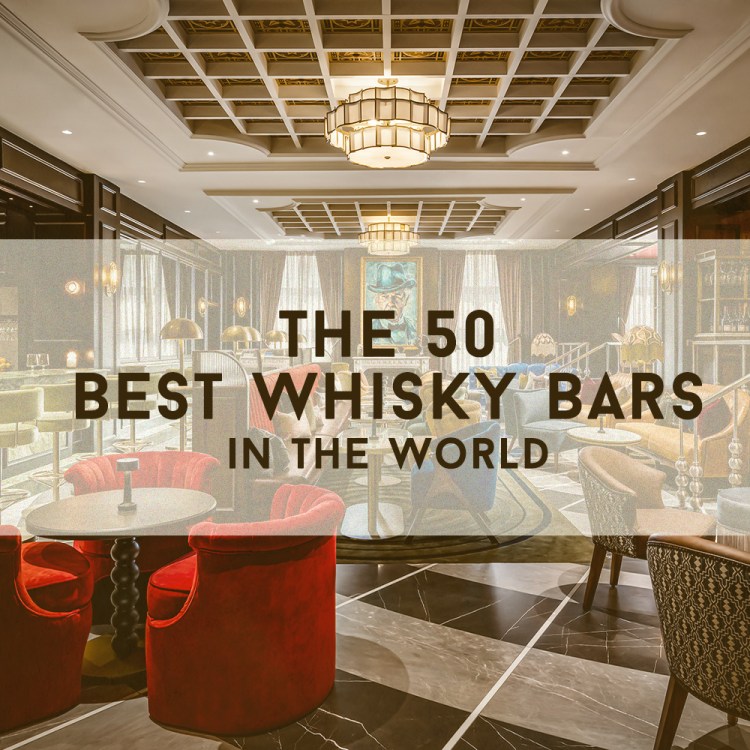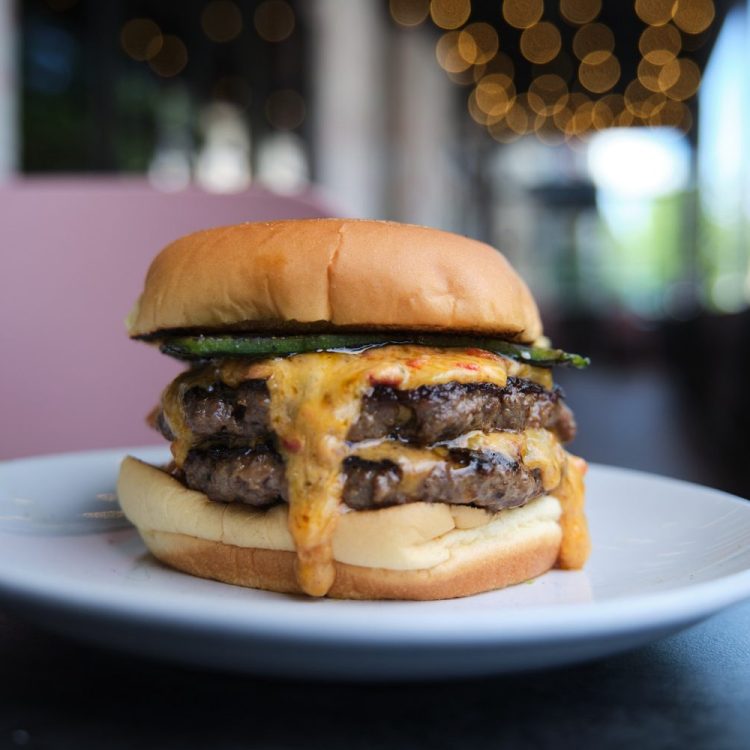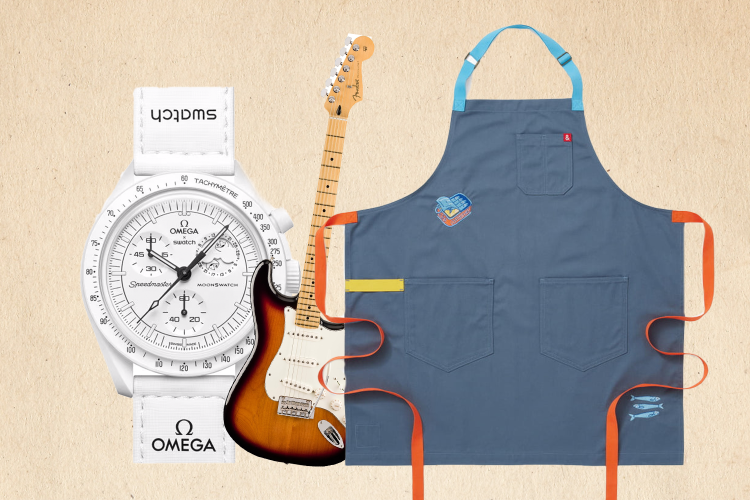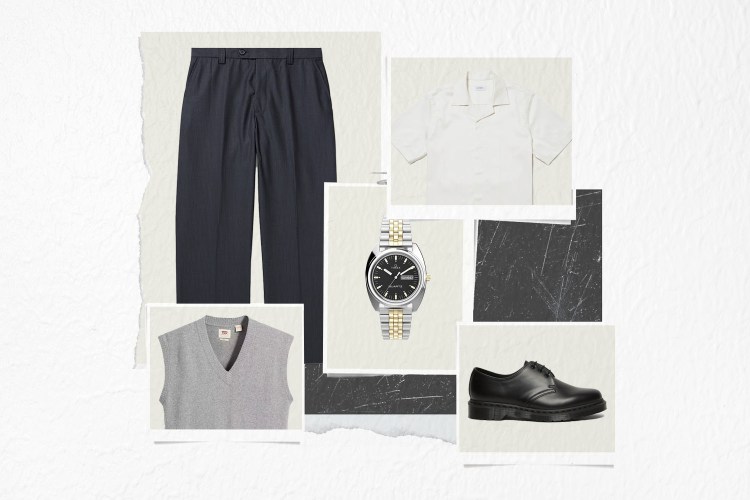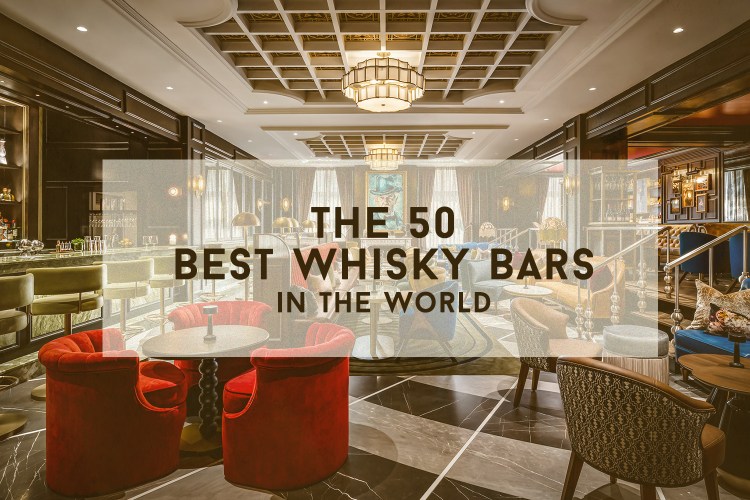DC voters chose to enact Initiative 82, an increase in minimum wage for tipped employees, by overwhelming numbers in last November’s election. Essentially, I-82 raises the minimum wage for servers and bartenders: What was $5.35 an hour will be $17 by 2027. It went into effect earlier this year, boosting tipped wages to $6 an hour and will go up more, to $8 an hour, this July.
This is good news. But it seems like restaurants and bars are not quite sure how to pass this increase onto diners.
Last weekend, I went to a popular wine bar (they had The Bear — the Seven Fishes episode, with Jamie Lee Curtis — on their one screen). The bill was $75 before taxes, fees and tip. It was $130 after I-82-centric fees, taxes and 20 percent tip (compulsory). That’s nuts. That’s off-putting. That’s the kind of bill that makes diners consider never visiting again.
Two weekends ago, I went to a popular brewery (they didn’t have The Bear on). Pint prices have gone up $1 since the start of the year, there’s a new 10 percent tax and an automatic 25 percent tip is added to the bill. What was a $6.50 beer in the spring is now a $10.12 beer in the very late summer. That’s also nuts. That’s also off-putting. That’s the kind of tab that makes drinkers wonder if they’ve had too much to drink.
There aren’t isolated incidents. There are multiple anecdotes about these types of charges. There’s a large Reddit thread about “offending” restaurants. There’s a complaint line aggrieved diners can call.
DC restaurants and bars are in a weird spot with Initiative 82. Some are adding vague new “fees.” Some are including the compulsory gratuity fee in the check. Some are encouraging an additional gratuity in the check. Some are just raising menu prices and not surprising diners at the end of the meal. It’s chaos, and it’s bad for everyone.
Earlier this month, DC Attorney General Brian Schwalb released a Supplemental Business Advisory on restaurants’ legal obligation to adequately disclose all fees to customers. “Diners are frequently confused by vaguely labeled fees that appear on their restaurant bills and should be able to make fully informed decisions about how to spend their hard-earned money before placing their orders,” said AG Schwalb.
He’s not wrong. Obviously. What’s not obvious comes later in the press release: Under current law, District restaurants are not prohibited from charging service fees or other surcharges, but these fees may violate local consumer protection laws if they are not timely, and prominently and clearly disclosed to diners before they place their orders.
That’s just not happening, and some bars and restaurants are making it worse.
This DC Restaurant Is Offering a Menu Inspired by “The Bear”
You have a chance to try dishes like “Carmy’s Silent Contemplation of a Mound of Cannoli” at Tonari for a few more daysThere is a simple solution to all of this. It may sound crazy, but it also just might work: Charge the advertised price, on the menu. That’s it. That’s the plan.
Popular pizzeria 2AMYS raised prices across their menu. The prices include hospitality and all the other fees that others are tacking on at the end of checks. They make it clear on their site why things cost what they cost: “All our pricing includes hospitality, there is no tip line on our credit card receipts, we don’t care to send an unclear message.”
Bartenders, servers and all bar and restaurant staff deserve at least 20 percent gratuity. There’s a reason why 73.94 percent of voters voted for this. What’s happening now isn’t about workers earning a fair wage. If you don’t believe these workers deserve a livable wage, you shouldn’t be going out to eat or drink.
That worthy perspective, though, is being undermined by owners’ reluctance to be transparent about the actual cost of things. In addition to the wage bump, most everything is more expensive as well: beer, butter, eggs, etc. Once again, if you’re not comfortable paying more than you did in 2019, you probably shouldn’t be going out to eat or drink.
This is entirely about last-minute sticker shock.
Certain DC bars and restaurants are going the route of Ticketmaster — a perilous choice, and one predicated on the audience’s ability to stomach last-step fees. The difference between buying concert tickets and picking up a bar tab or restaurant bill is the artist. People will spend whatever they have to spend to see Beyoncé, Bruce or Taylor. People will just go to a different establishment if they’ve already been burned. Or feel like they’ve been burned.
All of this can be avoided. It’s actually quite simple. Make the price advertised the true price, inclusive of fees. The bill is too high because in too many establishments, the prices are imaginary: Nobody goes to liquor store and grabs a $10 six-pack only to discover that the cost of the hops hasn’t been factored in yet — so it’ll actually cost $14. Just tell the truth, upfront, and stop pretending like things cost less than they do.
This article was featured in the InsideHook DC newsletter. Sign up now for more from the Beltway.
